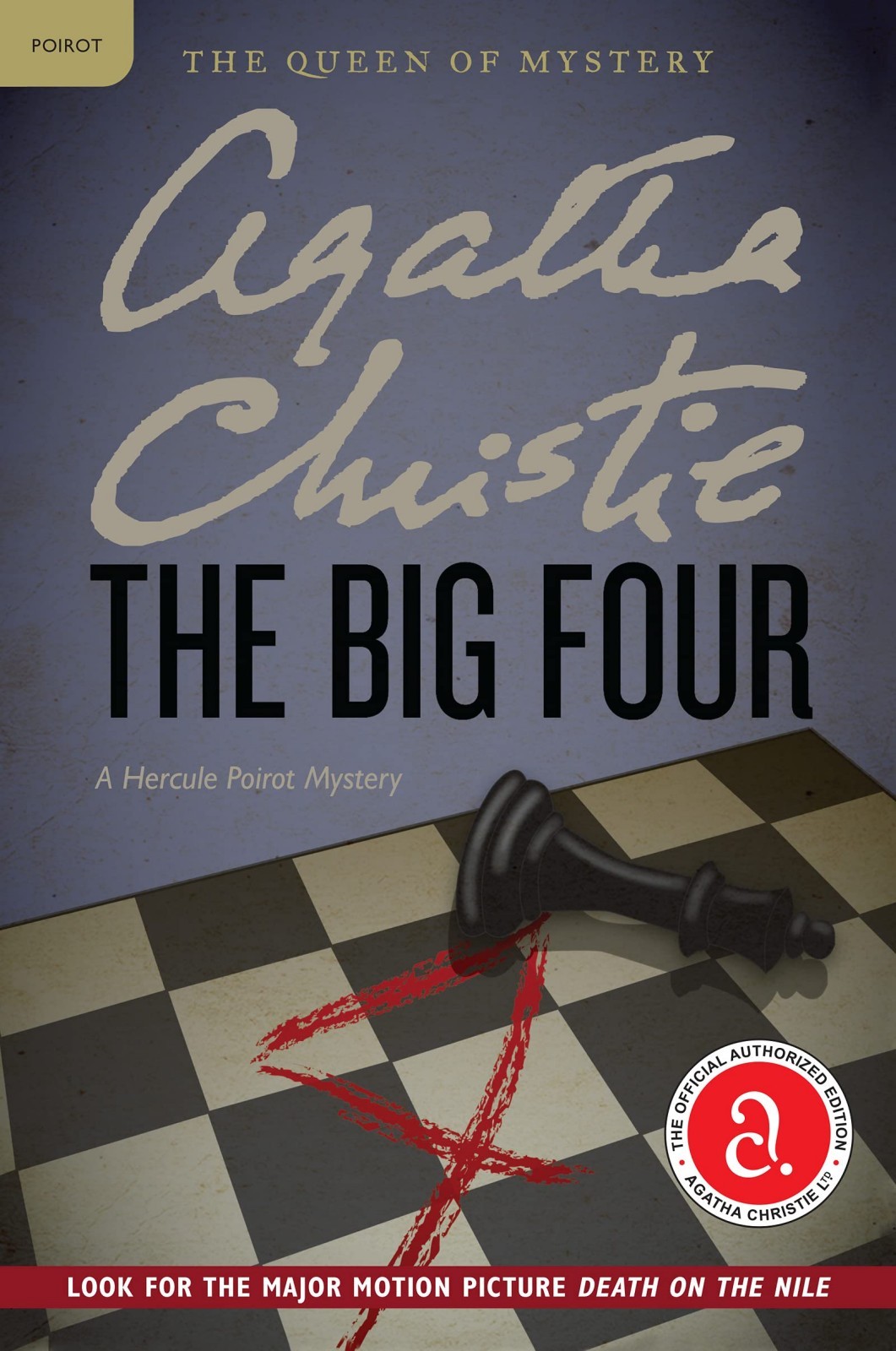Sharpe's Waterloo (Sharpe, #20)
Title: Sharpe's Waterloo (Sharpe, #20)

Author: Bernard Cornwell
Published in: 1990
Date read: 7th September 2018
Score: 4/5
Genre: Historical fiction
Plot: (Warning, may contain spoilers):
"Sharpe's Waterloo" by Bernard Cornwell, published in 1990, is the final novel (at the time of its publication, though later books filled in earlier gaps) in the main Richard Sharpe saga, bringing his incredible military career to a dramatic close at the most famous battle of the Napoleonic Wars. It is set during the Hundred Days in June 1815, culminating in the Battle of Waterloo.
The story finds Colonel Richard Sharpe, now a veteran and respected officer, having just returned from his adventures in India ("Sharpe's Challenge" and "Sharpe's Fury" were written much later to fill in gaps before this one). He is in Brussels, where Europe's elite are gathered, enjoying a brief period of peace after Napoleon's first abdication. However, this peace is shattered by the shocking news of Napoleon's escape from Elba and his rapid return to power in France.
With Napoleon rebuilding his army and threatening Europe once more, Sharpe quickly finds himself back in uniform, now serving as a liaison officer to the Prince of Orange, a young, inexperienced, and often foolish commander in the Allied army. This position is a source of immense frustration for Sharpe, as he witnesses the Prince's tactical blunders and arrogance first-hand.
Sharpe also encounters a formidable new antagonist: Baron Henri Lassalle, a cunning French cavalry officer who despises Sharpe and seeks to humble him. Adding to the personal stakes, Sharpe is attempting to reclaim valuable bonds and jewels that were given to him by the French during the peace, but which are now in the possession of the deceitful Lady Pauline, a British socialite with a hidden agenda.
The novel meticulously details the prelude to the climactic battle, including the skirmishes at Quatre Bras and Ligny, where the Allied forces initially clash with Napoleon's army. Sharpe's frustration mounts as the Prince of Orange makes critical errors, costing lives and jeopardizing the Allied position.
The "Waterloo" of the title is the inevitable destination. Cornwell delivers an incredibly vivid, immersive, and brutal depiction of the Battle of Waterloo itself. Sharpe is in the thick of the fighting, experiencing the horrific cavalry charges, the relentless artillery bombardments, the desperate squares of infantry, and the sheer scale of the carnage. He moves from one desperate sector of the battlefield to another, witnessing key moments, often correcting the Prince of Orange's mistakes, and playing a crucial, though unheralded, role in the Allied victory.
Themes explored include:
• The End of an Era: The final, decisive conflict of the Napoleonic Wars.
• Leadership and Incompetence: The contrast between Wellington's genius and the blunders of others.
• The Cost of War: The immense human suffering and sacrifice of a grand battle.
• Sharpe's Legacy: His final, heroic contribution to history.
The climax is the entirety of the Battle of Waterloo, focusing on Sharpe's personal battles against Lassalle and his desperate attempts to influence the outcome amidst the chaos. "Sharpe's Waterloo" provides a fittingly epic and emotionally resonant conclusion to Richard Sharpe's journey as a soldier, cementing his place in military history.
Comments:
I read all of the Sharpe books in chronological order, one after the other. When I have looked back, I have not separated them at all unless there is a specific thing to add which will be after saying that I suddenly loved historical fiction and anything that Bernard Cornwell writes.
I never knew much about the Napoleonic wars and nothing at all about Waterloo but after reading this, I had to read more about it and BC had researched it masterfully. This book made this war very accessible.
Books that we've read by Bernard Cornwell (28):
Sharpe's Eagle (Sharpe, #8) (1981), Sharpe's Gold (Sharpe, #9) (1981), Sharpe's Company (Sharpe, #13) (1982), Sharpe's Sword (Sharpe, #14) (1983), Sharpe's Enemy (Sharpe, #15) (1984), Sharpe's Honour (Sharpe, #16) (1985), Sharpe's Regiment (Sharpe, #17) (1986), Redcoat (1987), Sharpe's Siege (Sharpe, #18) (1987), Sharpe's Rifles (Sharpe, #6) (1988), Sharpe's Revenge (Sharpe, #19) (1989), Sharpe's Waterloo (Sharpe, #20) (1990), Sharpe's Devil (Sharpe, #22) (1992), Sharpe's Battle (Sharpe, #12) (1995), Sharpe's Tiger (Sharpe, #1) (1997), Sharpe's Triumph (Sharpe, #2) (1998), Sharpe's Fortress (Sharpe, #3) (1999), Sharpe's Prey (Sharpe, #5) (2000), Sharpe's Trafalgar (Sharpe, #4) (2000), Gallows Thief (2001), Heretic (The Grail Quest, #3) (2003), Sharpe's Havoc (Sharpe, #7) (2003), The Last Kingdom (The Saxon Stories, #1) (2004), Sharpe's Escape (Sharpe, #10) (2004), Sharpe's Fury (Sharpe, #11) (2005), The Pale Horseman (The Saxon Stories, #2) (2006), Sword Song (The Saxon Stories, #4) (2007), Lords of the North (The Saxon Stories, #3) (2007)
This page was updated on: 4th August 2025

